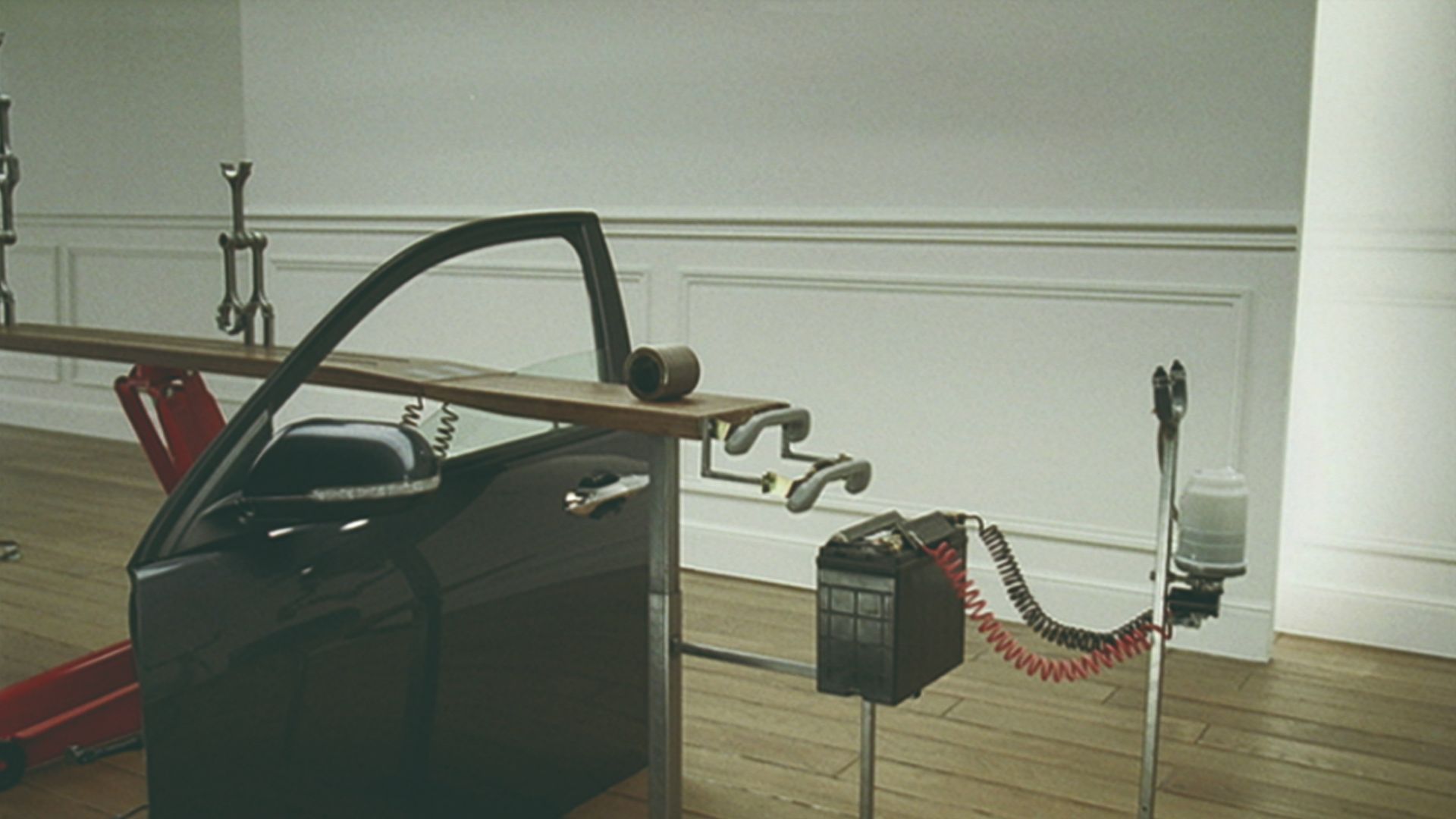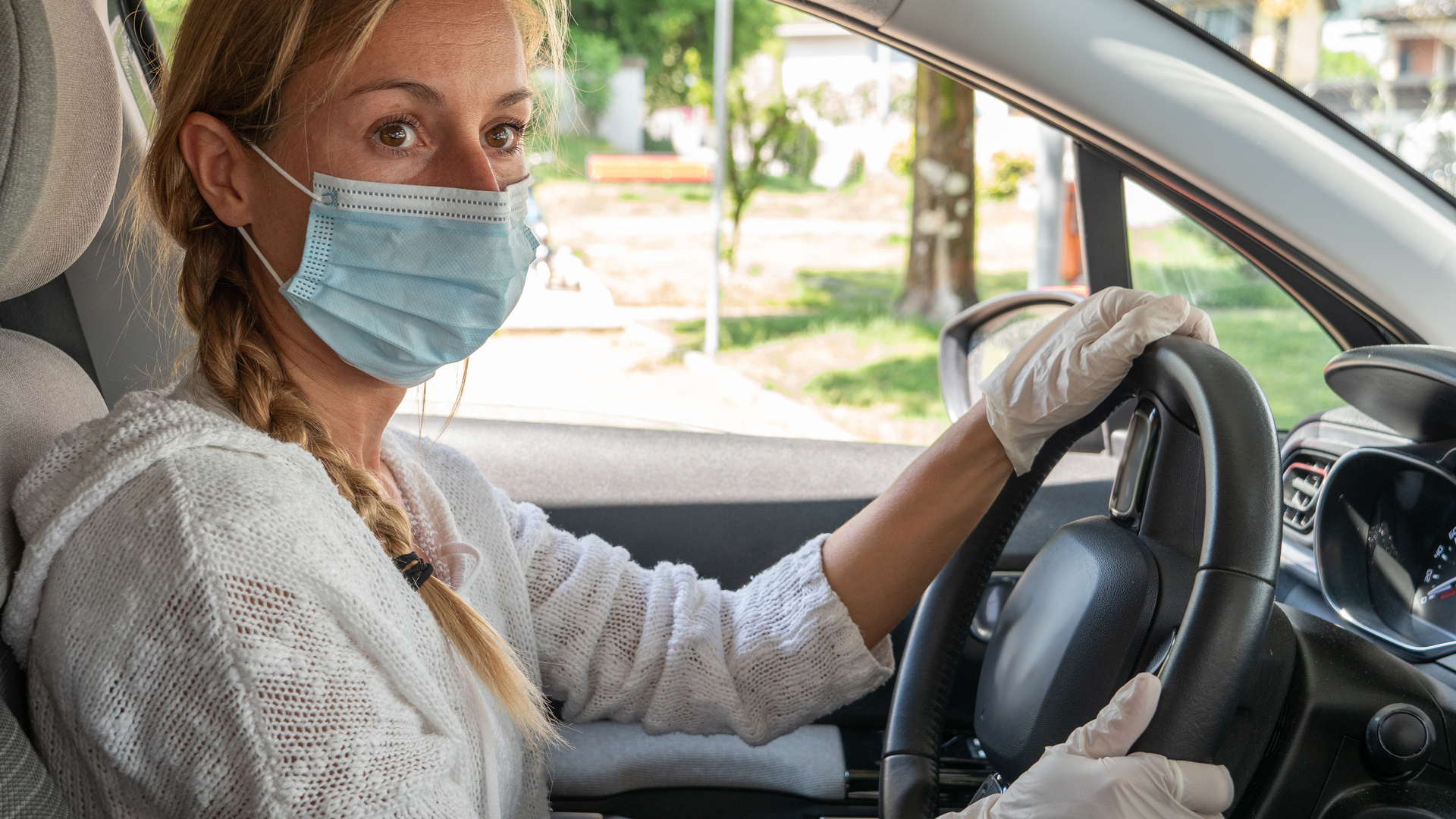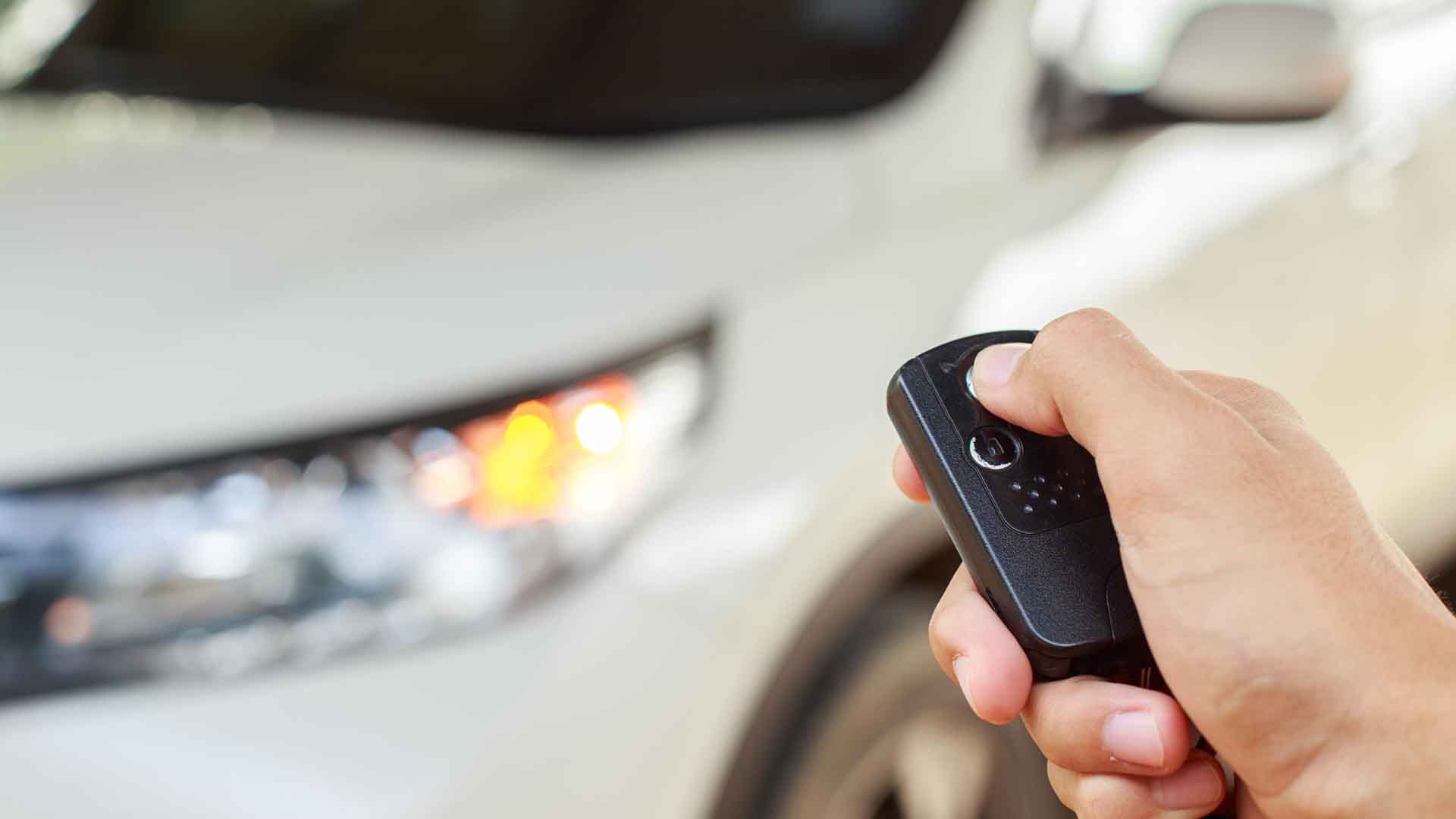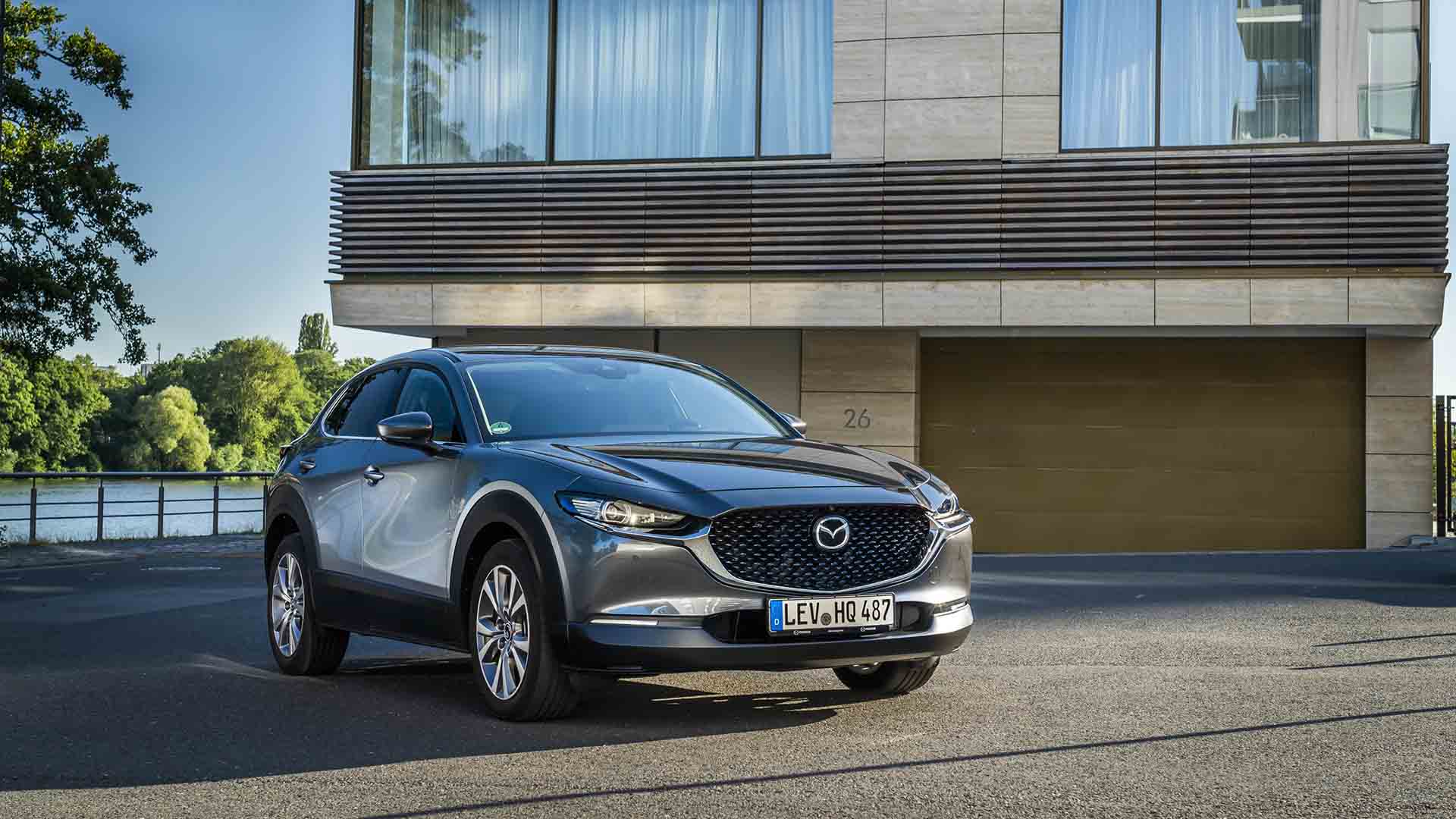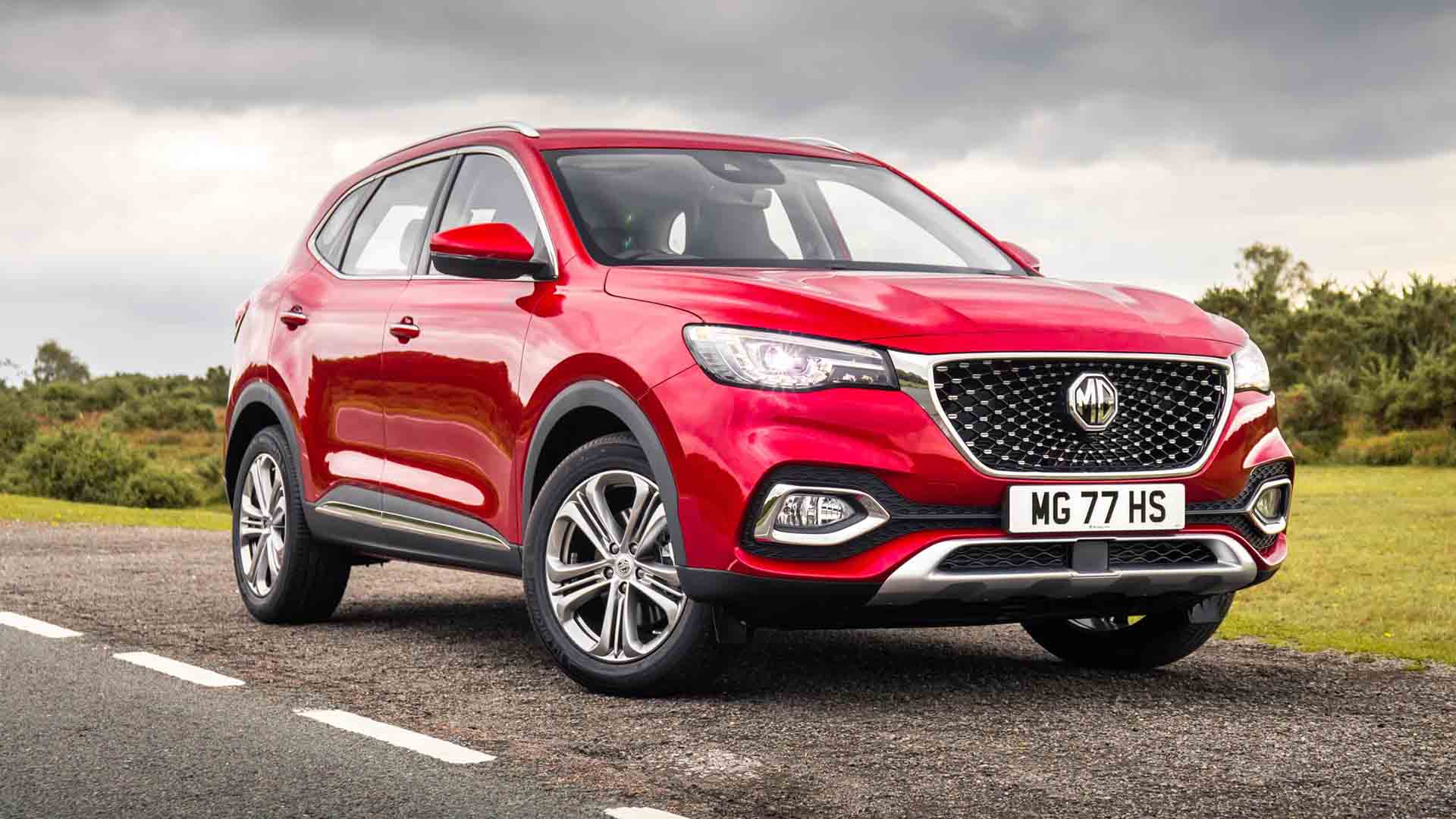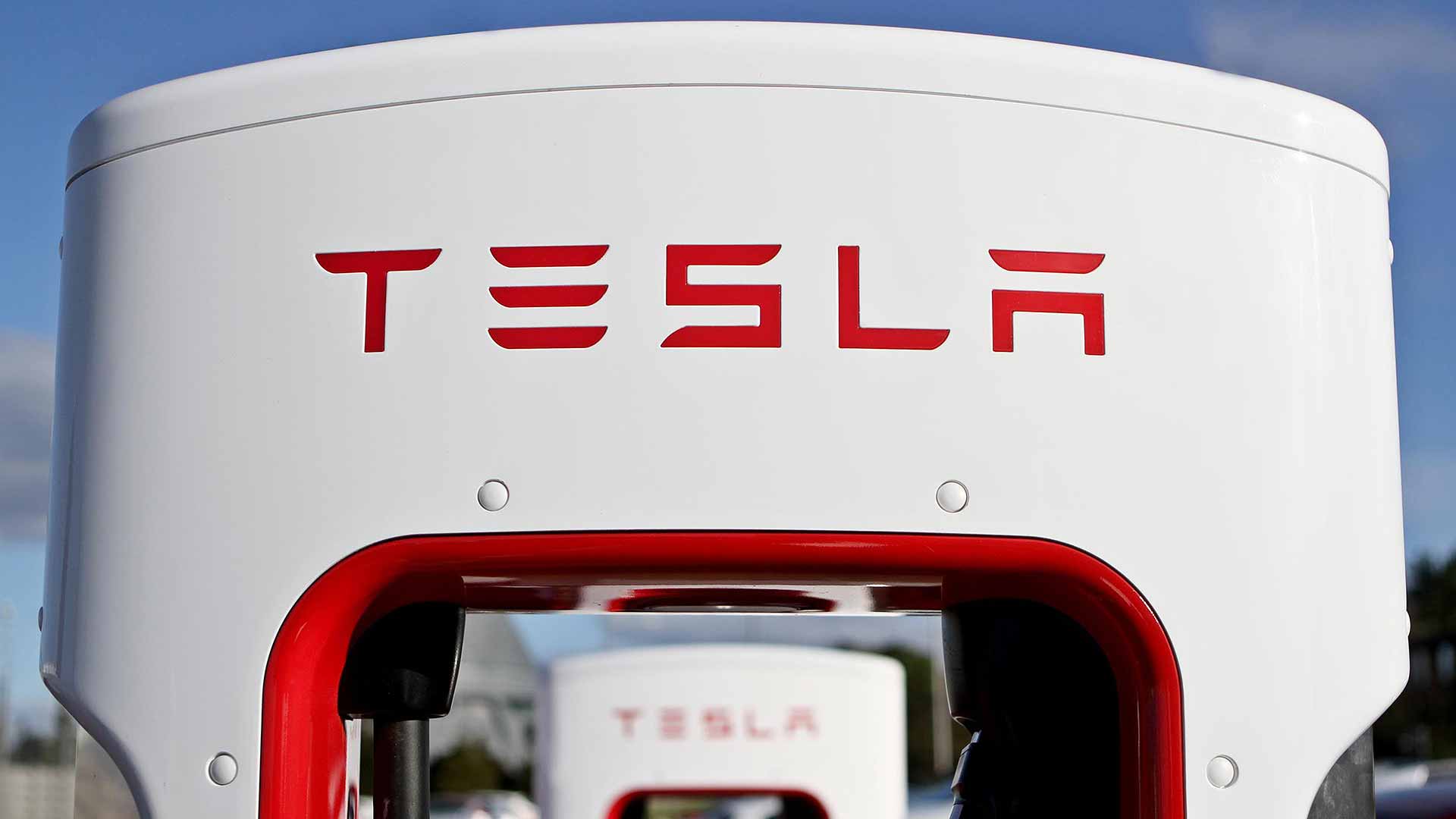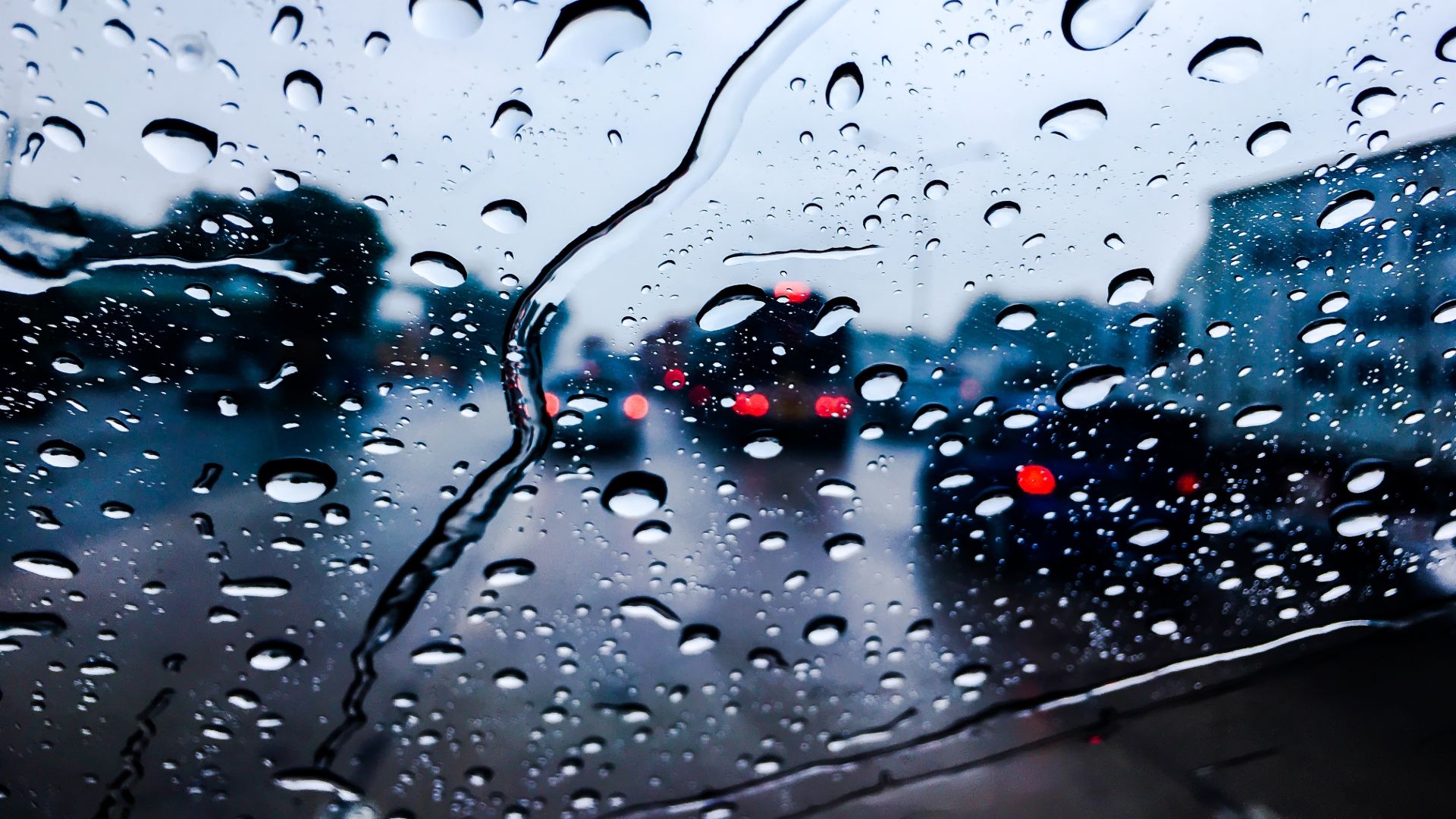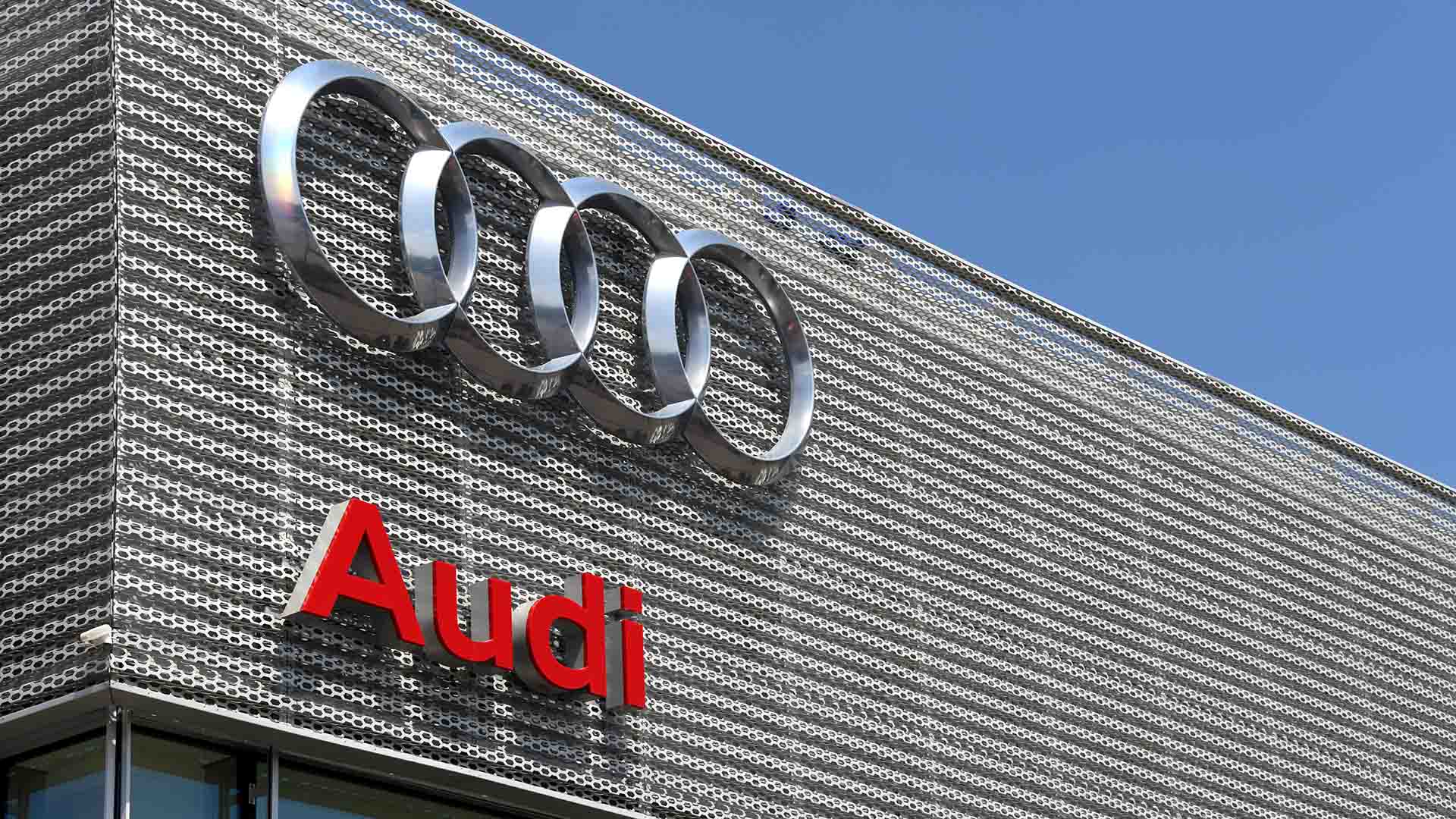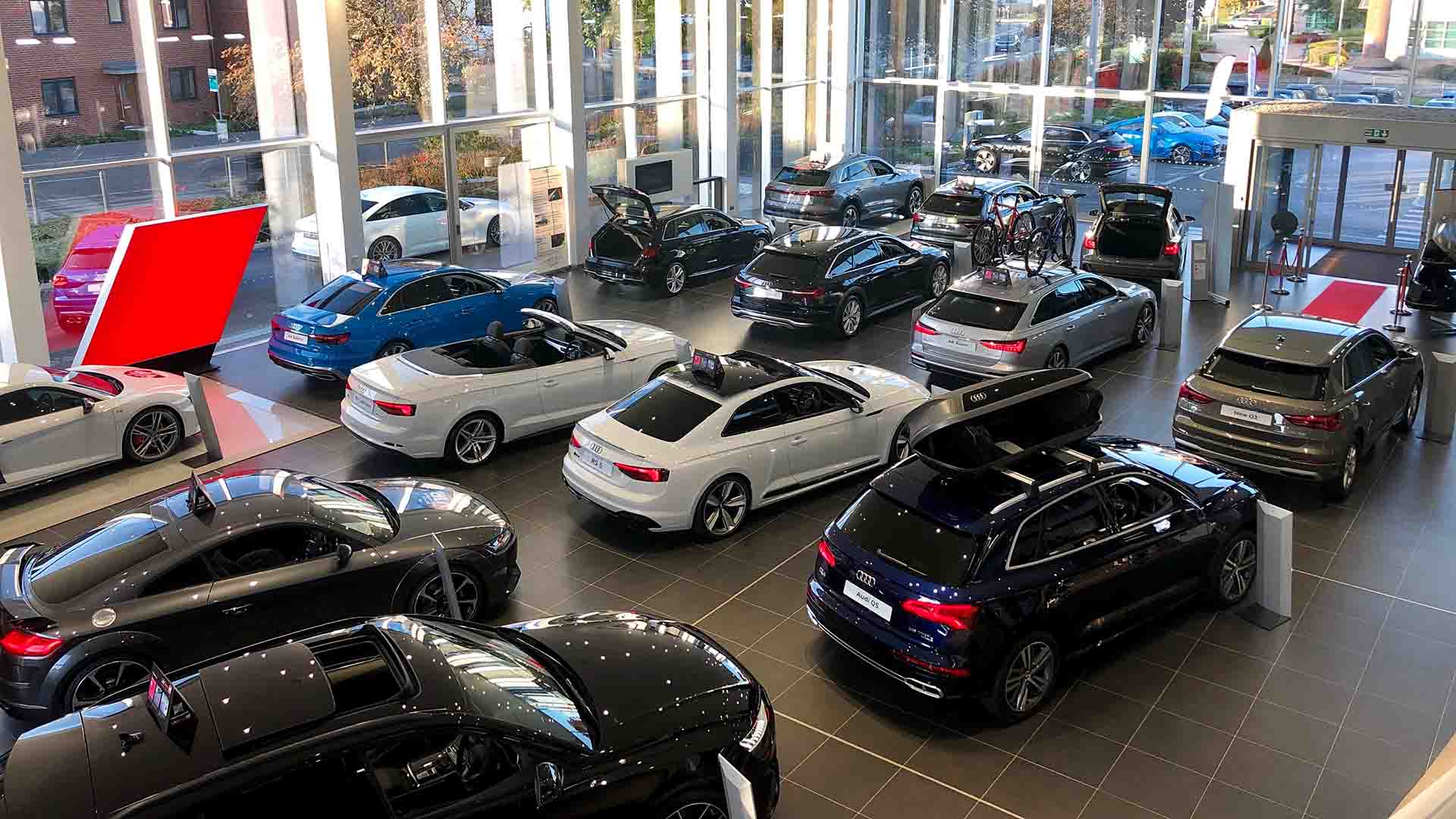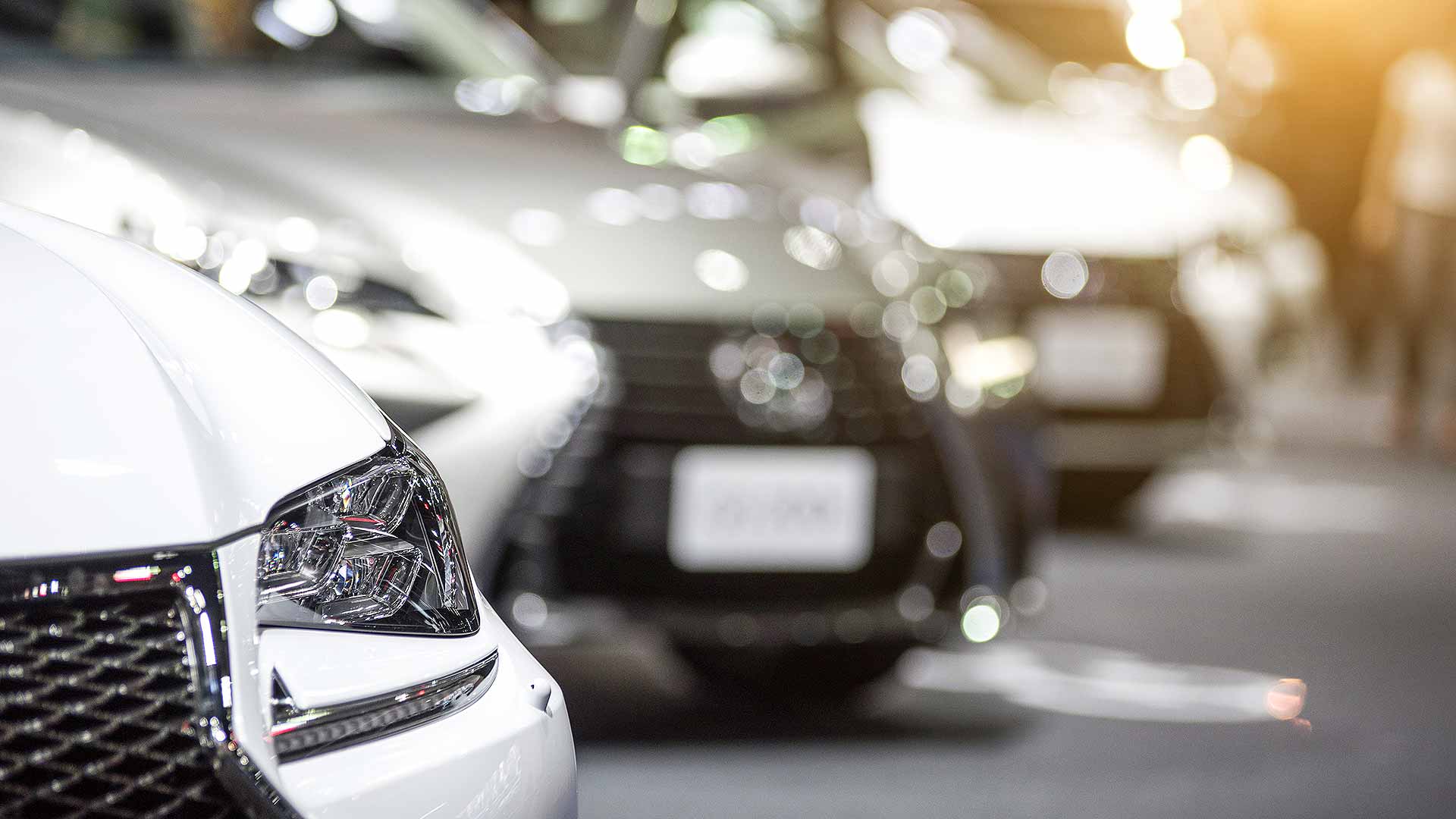 UK new car registrations plunged more than 97 percent in April 2020 to levels not seen since early 1946, official figures from the Society of Motor Manufacturers and Traders reveal.
UK new car registrations plunged more than 97 percent in April 2020 to levels not seen since early 1946, official figures from the Society of Motor Manufacturers and Traders reveal.
The UK lockdown announced on 23 March saw car dealers close their showrooms, effectively pausing registrations and deliveries for all but a handful.
Companies accounted for 71.5 percent of the registrations, a much greater proportion than normal. This indicates most deliveries were bulk fleet car orders, arranged well before lockdown.
SMMT chief executive Mike Hawes said the April 2020 figures were “hardly surprising”.
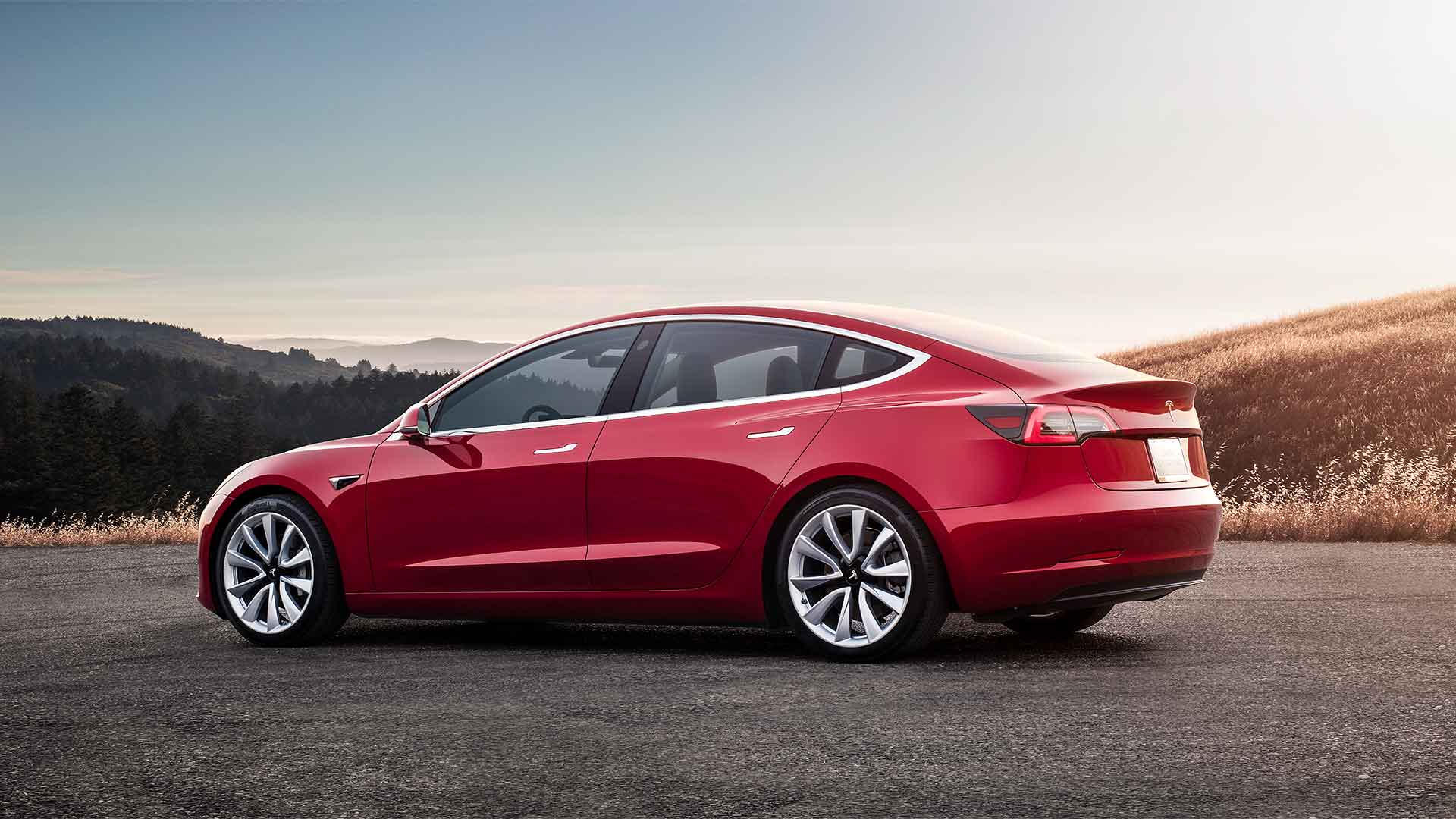
Incredibly, the Tesla Model 3 electric car was the best-selling vehicle in April, well ahead of another all-electric car: the Jaguar I-Pace.
In January, Jaguar signed a deal to supply 700 I-Paces to the NHS.
Zero-emissions battery electric cars easily took their highest market share ever, accounting for almost 1 in 3 new cars sold.
Vauxhall was third with the all-new Corsa, the AUTOBEST Best Buy Car of Europe 2020. Vauxhall also offers an all-electric version, the Corsa-e.
New rules were introduced in April 2020 meaning EV company car drivers pay ZERO Benefit-in-Kind tax.
In another first, there were two passenger vans in the top 10 best-sellers list as well, the Ford Tourneo Custom and Peugeot Rifter.
Just 4,321 cars
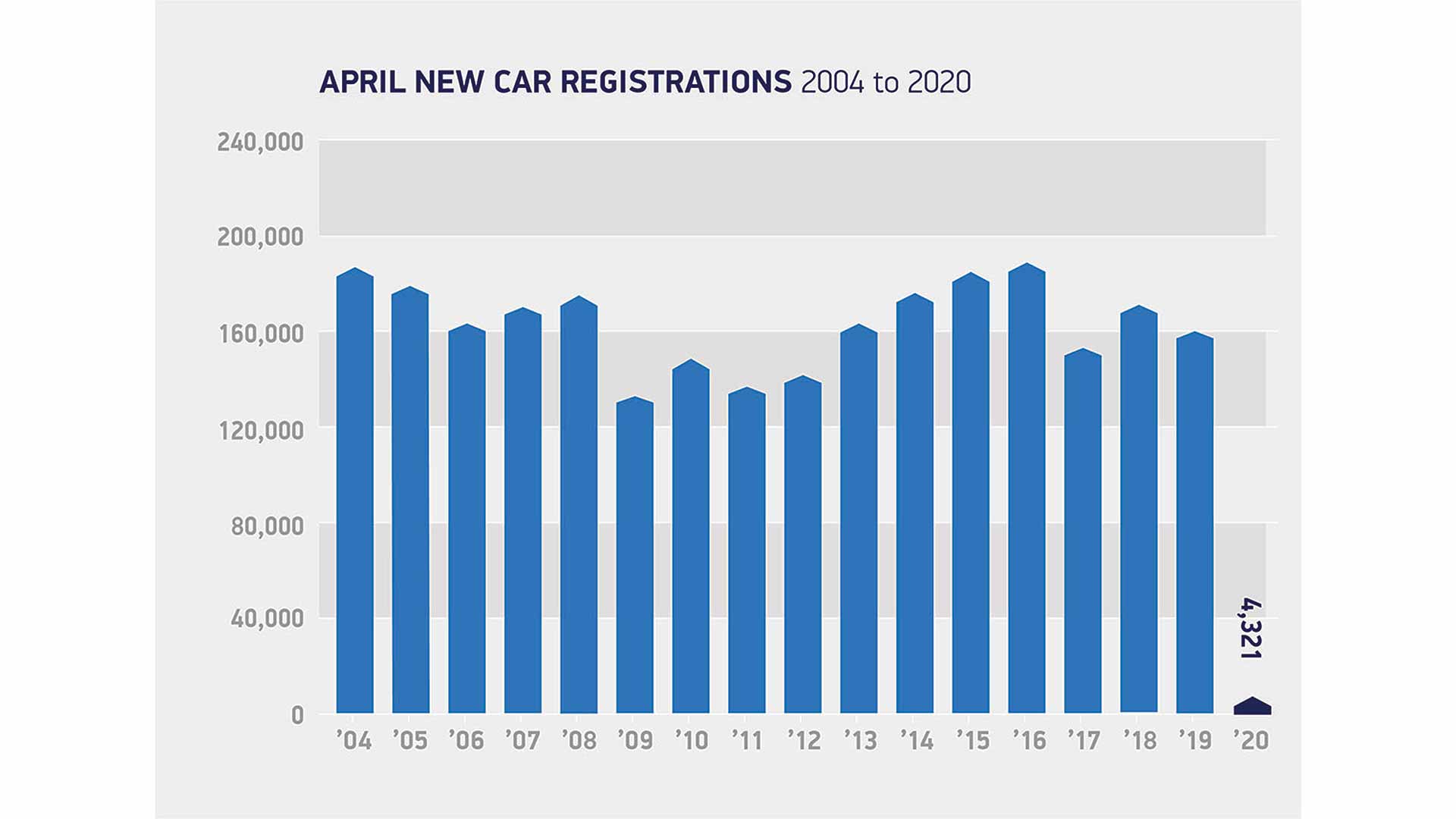
A mere 4,321 new cars were registered in April 2020, a decline of 97.3 percent in a year.
In April 2019, more than 161,000 new cars were registered, illustrating the scale of the fall.
That itself was the second-worst April for new car sales since 2012, due to a 10 percent decline in private buyer demand.
The SMMT has responded by downgrading its full-year estimate for new car sales to 1.68 million vehicles. This would be a level last seen in 1992.
Last year, 2.31 million new cars were sold.
New car registrations had already fallen 44 percent in March. European registrations were down 55 percent.
In February 1946, just months after the end of World War II, just 4,044 new cars were registered.
Top 10 best-selling vehicles: April 2020
1: Tesla Model 3 (658 cars)
2: Jaguar I-Pace (367 cars)
3: Vauxhall Corsa (264 cars)
4: Vauxhall Crossland X (143 cars)
5: Ford Tourneo Custom (108 passenger vans)
6: Peugeot Rifter (94 passenger vans)
7: Seat Leon (80 cars)
8: Mercedes-Benz A-Class (72 cars)
9: Nissan Leaf (72 cars)
10: Peugeot 308 (67 cars)
‘Worst in living memory’
Mr Hawes from the SMMT said the market performance was the worst in living memory.
“These figures… make for exceptionally grim reading, not least for the hundreds of thousands of people whose livelihoods depend on the sector.
“A strong new car market supports a healthy economy and as Britain starts to plan for recovery, we need car retail to be in the vanguard.”
April 2020 car sales: industry response
Auto Trader commercial director Ian Plummer said some brands had been able to sell remotely, but a lack of infrastructure meant only a few – most prominently, Tesla – were able to capitalise.
The new car marketplace is still receiving 1 million visits a day, though. Mr Plummer says data shows only 2 percent of consumers say they will no longer be buying a new vehicle.
“25 percent said they wanted to buy as soon as they could, and 57 percent said they’d still buy in 2020.”
Data suggests the market “has been paused, rather than stopped, and [is] ready to return to health quickly once restrictions have been lifted”.
ALSO READ:
Car industry beats airlines, tech and fashion for reputation
Millennials have most trust in the car industry
Electric car uptake ‘not enough’ to improve air quality
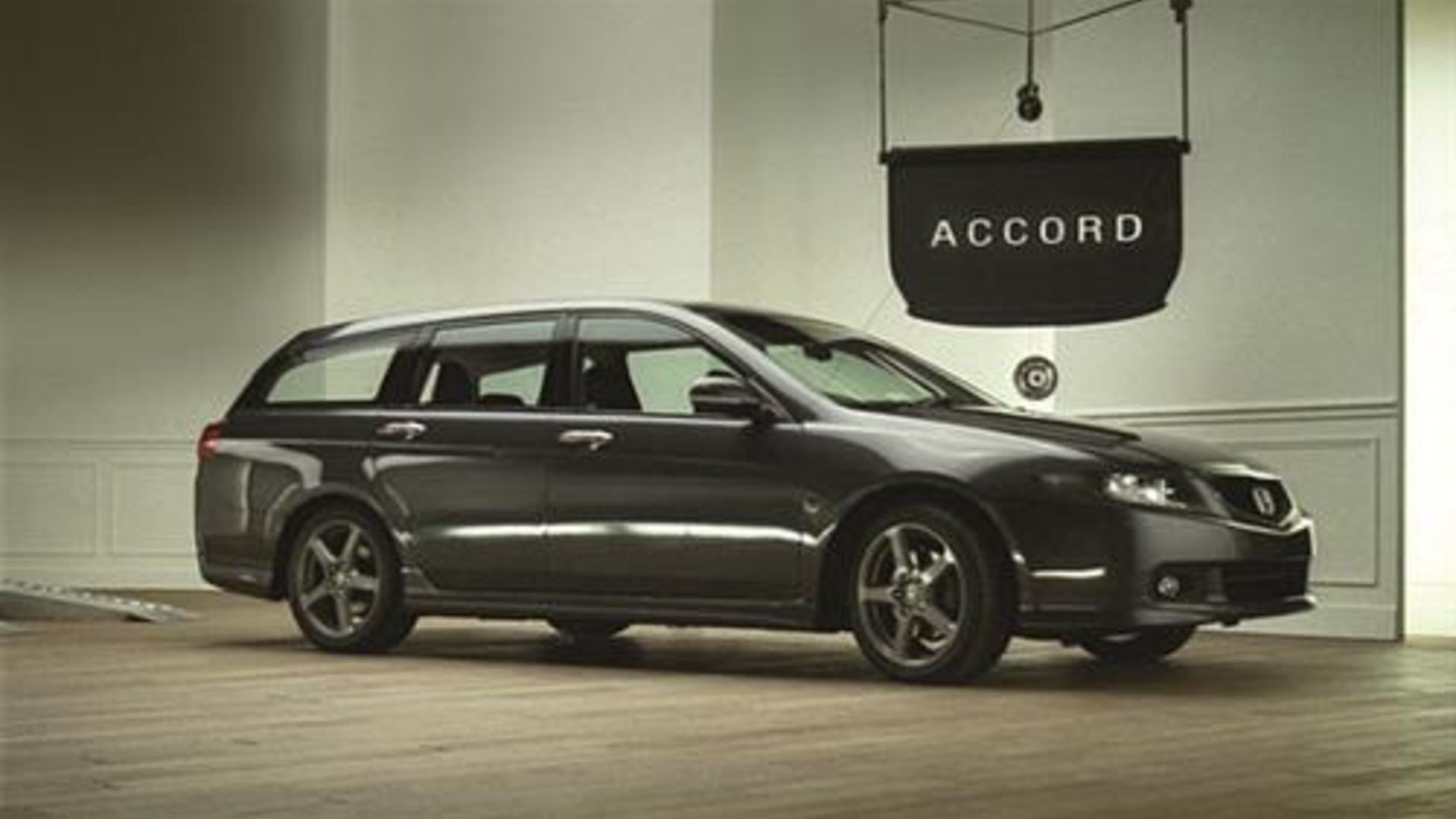 Here’s a task to keep you occupied during lockdown: recreate Honda’s famous Cog television advert from 2003.
Here’s a task to keep you occupied during lockdown: recreate Honda’s famous Cog television advert from 2003.
